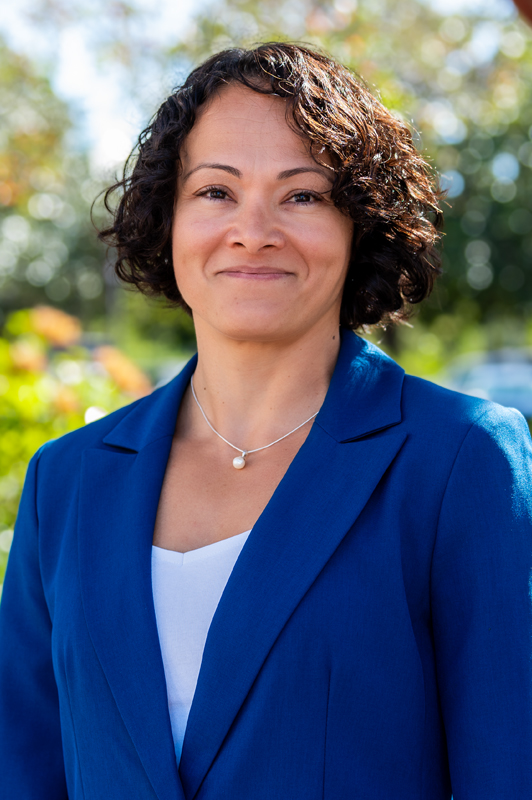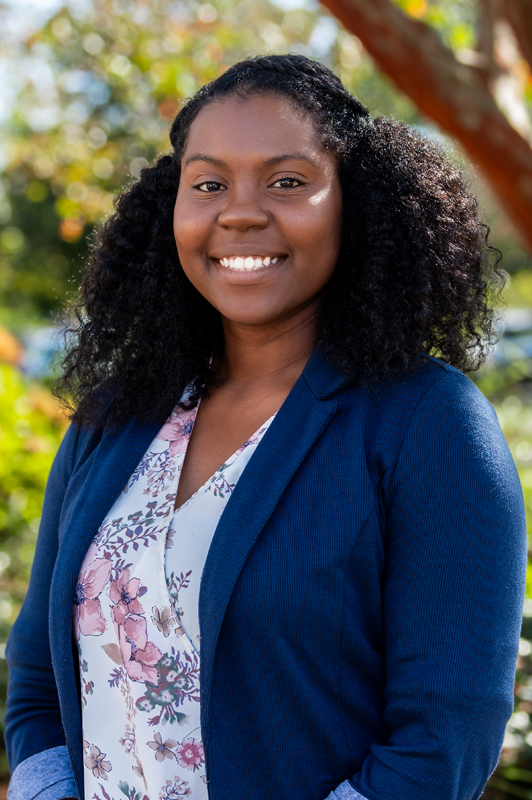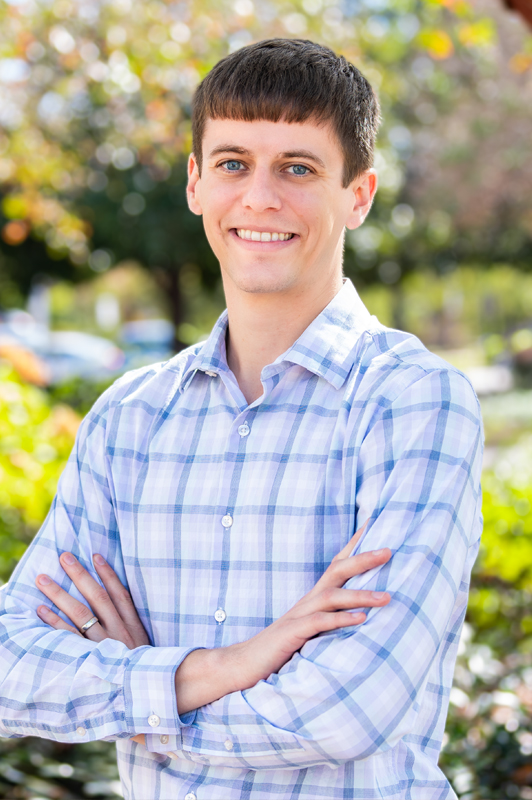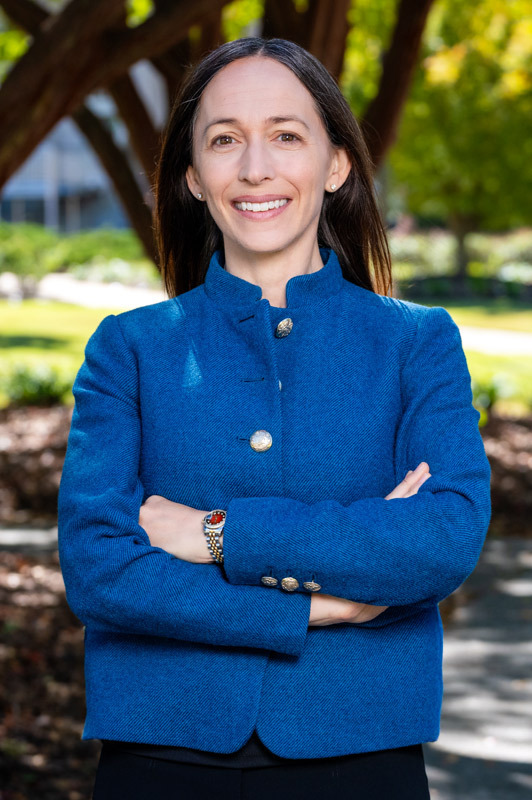Auburn's chemical engineering graduate program empowers students to achieve remarkable outcomes
Published: Sep 26, 2024 3:00 PM
By Joe McAdory
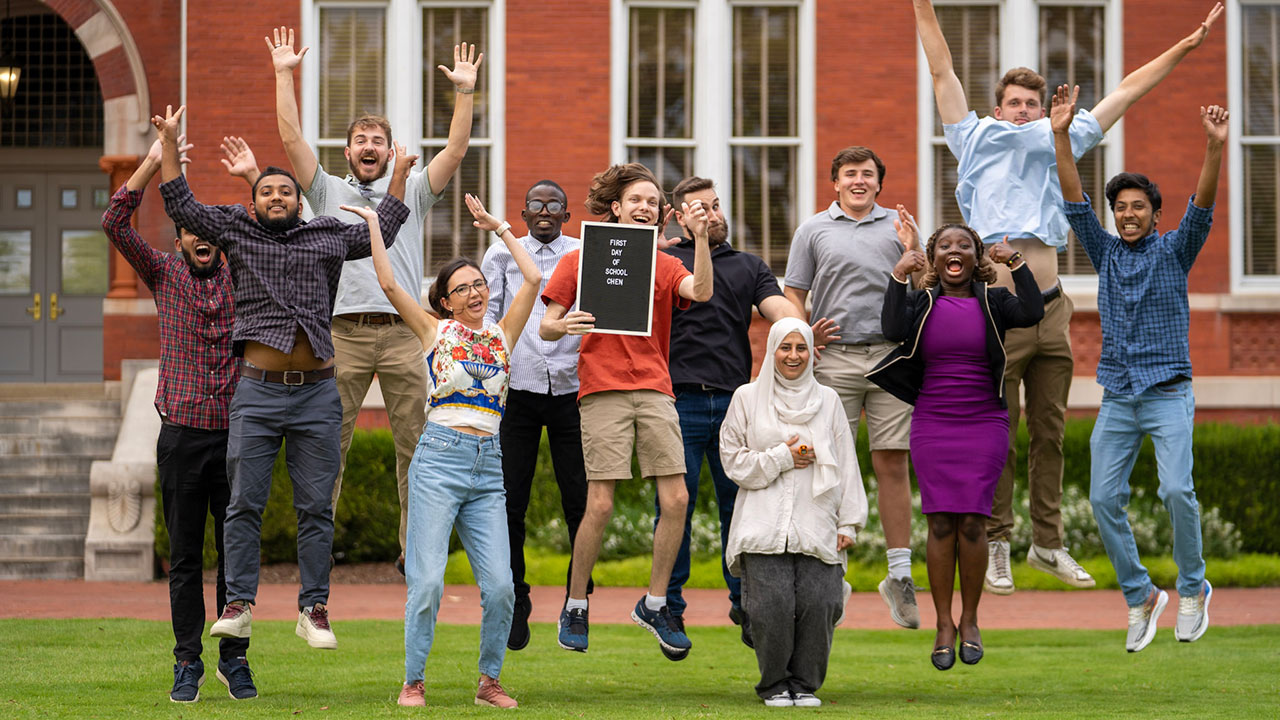
Research. Mentorship. Academic success. These pillars of Auburn University’s chemical engineering graduate program are woven together through a supportive environment that fosters a dynamic blend of innovation and excellence, empowering students to achieve remarkable outcomes — from day one to dissertation.
Ranked 29th nationally among public institutions by U.S. News and World Report, Auburn’s chemical engineering graduate program offers a plethora of doctoral and research pathways, including advanced energy systems, process control, biomedical engineering, computer-aided chemical engineering, biotechnology, composite materials, membrane technology — and many more — to choose from.
“Utilizing the strengths and support of a world-class faculty, graduate students excel here and beyond — winning prestigious fellowships, securing top positions in academia, national labs and industry,” said Levi Petix, a fourth-year graduate student working toward a PhD.

Chemical Engineering Department chair and Redd Endowed Eminent Scholar Selen Cremaschi pointed out the college’s commitment to graduate students’ well-being and success as they launch their academic and research exploits.
“Our Chemical Engineering PhD program is dedicated to fostering a diverse and inclusive community where students from all backgrounds are welcomed and supported,” she said. “Our program offers a collaborative environment, cutting-edge research opportunities, and comprehensive support services — from day one through graduation — to help each student achieve their full potential and make impactful contributions to the field of chemical engineering.”
It begins the week new graduate students step on campus.
“It’s important to build community and camaraderie among new cohorts,” said Chemical Engineering Assistant Professor Symone Alexander, who serves on the department’s graduate program committee (GPC). “Led by Assistant Professor Chris Kieslich, the GPC created various activities to not only introduce the new students, but also to make them feel like part of the Auburn family. Students now feel empowered to reach out to each other, but also feel connected to the faculty.”
Alexander noted that Auburn is a multi-cultural university with diverse students from across the globe.
“There are language barriers and cultural differences, but our cohort program brings everybody together in a fun, low-stress way,” she said. “These are all very high performing individuals. You might think you're in competition with your classmates, but really, it's easier if you all work together and come together as a family.”
The family atmosphere works for Kwaghtaver Desongu, a second-year graduate student under the mentorship of Professor Elizabeth Lipke.
“Auburn has already made a significant, positive impact on my life as a student,” he said. “Coming into an environment where there are opportunities to develop as a student, Auburn really helps you in research and sets you up for your future. Having a positive community that helps you grow is so important.”
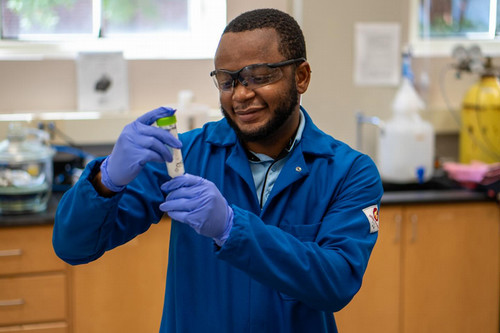
Advisor selection — offered in a graduate student’s first semester — quickly matches research strengths and goals with faculty experts.
“This is among the new student’s most important activities upon arrival,” said Alexander, whose bio-inspired materials laboratory blends research and outreach opportunities for students involved. “In the advisor selection process, faculty present research and students are presented with a holistic view of what we’re doing before they choose a group, or research area they wish to pursue. On top of a world-class education, students will receive an awesome research experience.”
Distinguished faculty represent dozens of research specialties, including tissue engineering, energy production, biofuels & biorefining, process control, microfibrous materials, polymers … and more.
“Our world-class chemical engineering faculty are at the forefront of impactful research, driving innovation and advancing the field,” Cremaschi said. “Their dedication extends beyond groundbreaking work. They are deeply committed to mentoring and guiding our students, fostering an enriching environment that develops the skills and knowledge necessary for students to excel in their respective fields and make significant contributions to the world beyond their time at Auburn University.”
Once the selection process is complete, students join their chosen research group during the spring semester.
“If you're an experimental person, you will probably focus early on lab safety training,” Alexander said. “Those students will be in the lab making things, whether they are reactors and bioreactors, catalysis, or materials and plant inspired research. If you're taking the computational route, you're going to start learning different coding languages like Python. Regardless, by the second semester, you will begin learning the fundamentals of your research project.
Selecting an advisor for research is one thing. Selecting an advisor for mentorship is another.
"That’s one of the most important aspects of my job,” Alexander said. “Along with groundbreaking research I care about where my students go beyond Auburn. Did the graduate research experience help them pursue their dreams? Part of this process is understanding students’ career goals and what they want to do with their lives. Most of these skills are developed during graduate school.
“One of the best things that a graduate student can do in their first year is ask, ‘what do I want to do with my degree?’ ‘What do I want to do when I leave here?’ This is important because their advisor can create a highly tailored mentoring program for them and get them with the right people at conferences or alumni who visit every semester.”
Petix, who is studying ways that we can use computer simulations to design methods to assemble materials with advanced properties, considers assistant professor Michael Howard, his advisor, “an amazing mentor and teacher.”
“Dr. Howard is extremely understanding, patient, kind and always advocates for his graduate students,” Petix said. “He is extremely personable and takes a genuine interest in your success both as a researcher and in your personal life. Dr. Howard emphasizes the importance of work-life balance and is very accommodating to any issues you may have. The culture at Auburn starts at the top and it makes you feel welcome, cared about and supported.”
Desongu agrees.
“Auburn presents an environment where you know that your work is supported,” he said. “Especially in the chemical engineering family, you’re not just there by yourself — you have a supportive advisor and supportive lab mates. With this supportive community, it helps lead to innovation and propels us to platforms that we would not have had otherwise.”
Auburn University’s chemical engineering graduate program offers a unique opportunity to join a thriving community committed to pushing the boundaries of chemical engineering while enjoying a collaborative and friendly atmosphere.
“Auburn chemical engineering graduate students are highly successful and continue to be more successful all the time,” Petix said. “Who wouldn’t want to get in on that success?”
Media Contact: , jem0040@auburn.edu, 334.844.3447
Lucila Carias, a third-year graduate student in polymer and fiber engineering, is researching ways to print 3D houses.


